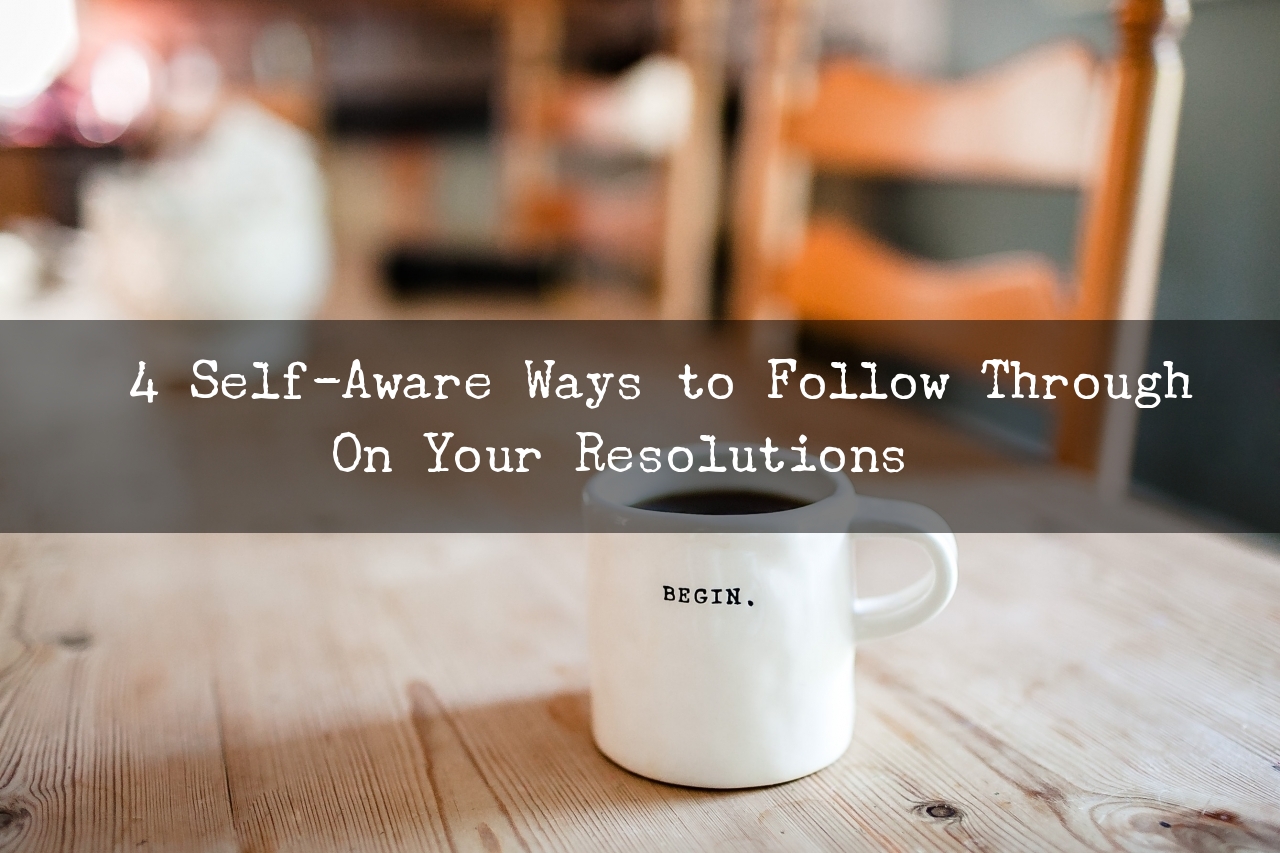4 Self-Aware Ways to Follow Through On Your Resolutions
By Brittany Hodak
What’s a resolution? A promise to yourself? A hope for the future?
To me, resolutions are challenges—chances to grow as a person. If you don’t know who you really are or understand the reason behind your goals, though, then you probably won’t stick to them. I’ve also come to view my resolutions as reminders of how much I rely on others. Whenever I’ve failed to keep one, it’s been because I failed to see something about myself. With most of the ones I’ve achieved, on the other hand, I’ve had help from friends and family. Don’t get me wrong: I know resolutions require personal responsibility. But seldom have I had the self-awareness to do it alone, which is key to following through. Here are some ways I’ve learned to become more self-aware that might help you stick to your resolutions this year:
1. Let others light the way.
When I get together with family for the holidays, we play a game that’s proven to me how limited self-awareness truly is. Each person draws a card that lists personality traits and habits. They then match it to someone else in the group. It’s simple and fun, but it’s also a brutal lesson in our own blind spots. Those blind spots, according to author and professor Adam Grant, are one of two blocks standing between us and self-awareness. The other, Grant argues, is personal bias. Together, they keep us from seeing things about ourselves that we don’t want to see. But Grant doesn’t think our blinders are fixed; he simply says we can’t remove them ourselves. So who can? Those we surround ourselves with, both in our personal lives and in business. When we build relationships, we don’t just learn things about others; we learn things about ourselves. Without meaningful relationships, we can’t rally the troops at the office or be introduced to new opportunities and ideas. In other words, self-awareness isn’t necessarily something we find in ourselves. Instead, we develop it when we communicate and collaborate with others. In that way, self-awareness encourages us to listen more, talk less and have empathy for others. With my family’s game and Grant’s advice in mind, I asked those closest to me what they thought I should do differently in the new year. Their suggestions, frankly, are worth sharing.
2. Make a “stop doing” list.
If you’re like me, you have trouble saying “no” when a friend or business partner asks for help. While I want to be generous with others, my family taught me that I also need to be generous with myself. In search of a systematic, thoughtful method for doing so, I stumbled upon a solution while listening to a podcast from CXFormula. In a recent episode, I learned about author and lecturer Jim Collins’ suggestion for a “stop doing” list to cut out distractions and focus on the things that matter. It’s a magical way to keep forward momentum in life and business.
While the “stop doing” list can be an exercise in soul-searching, it can also be a simple way to reflect on challenges that might be self-inflicted. Issues where we damage our own cause often occur when we’re least aware of our personal thoughts and motives. So although admitting that I’d built my own barriers was hard for me, I couldn’t ignore the truth. Because I hadn’t understood my own goals, I’d been accepting any direction or project given to me. Creating a “stop doing” list has allowed me to become laser focused—and for me, the point of doing less is making more time for others...

